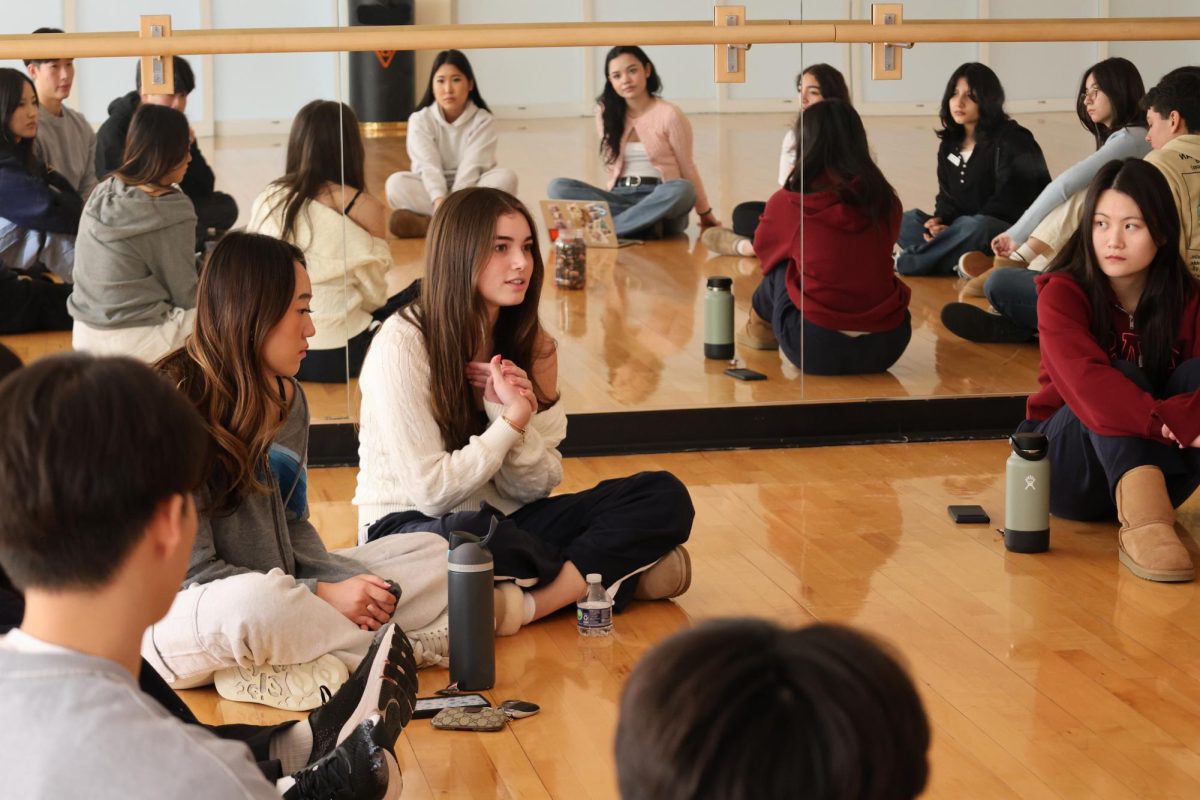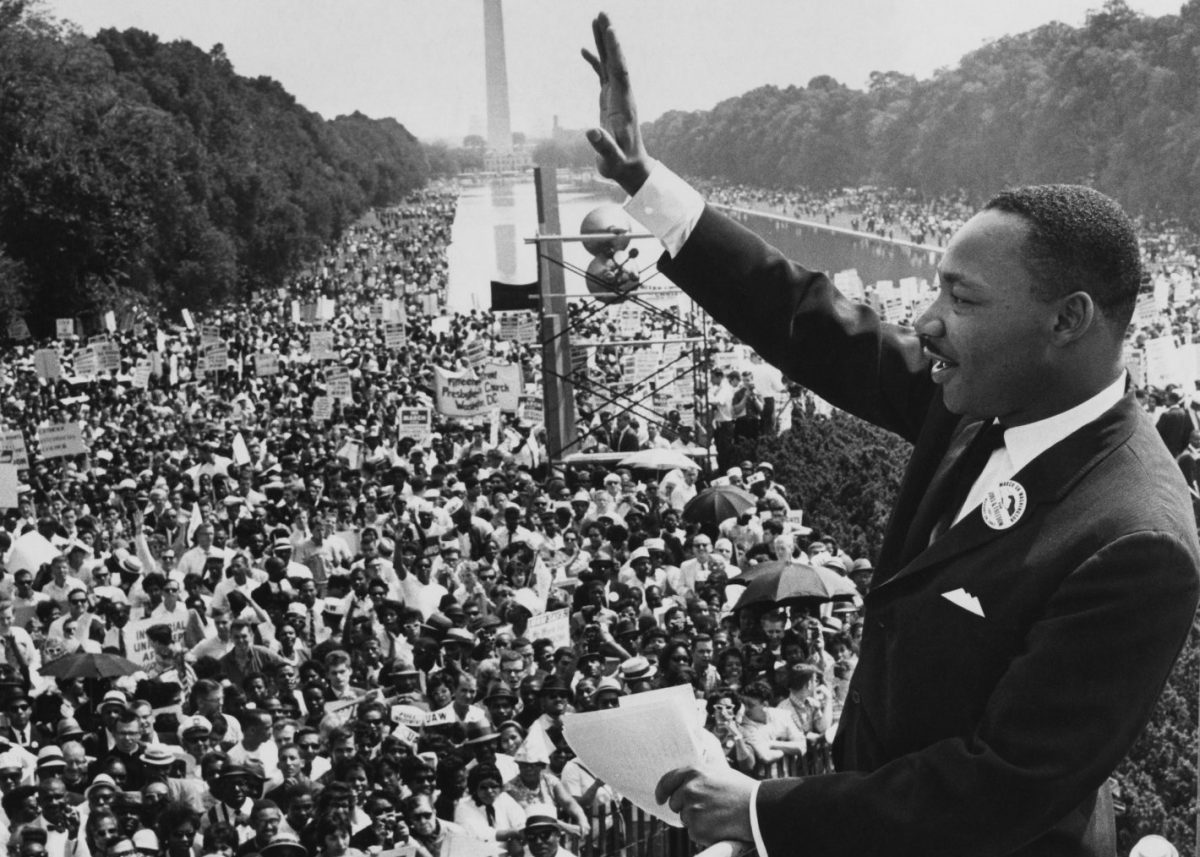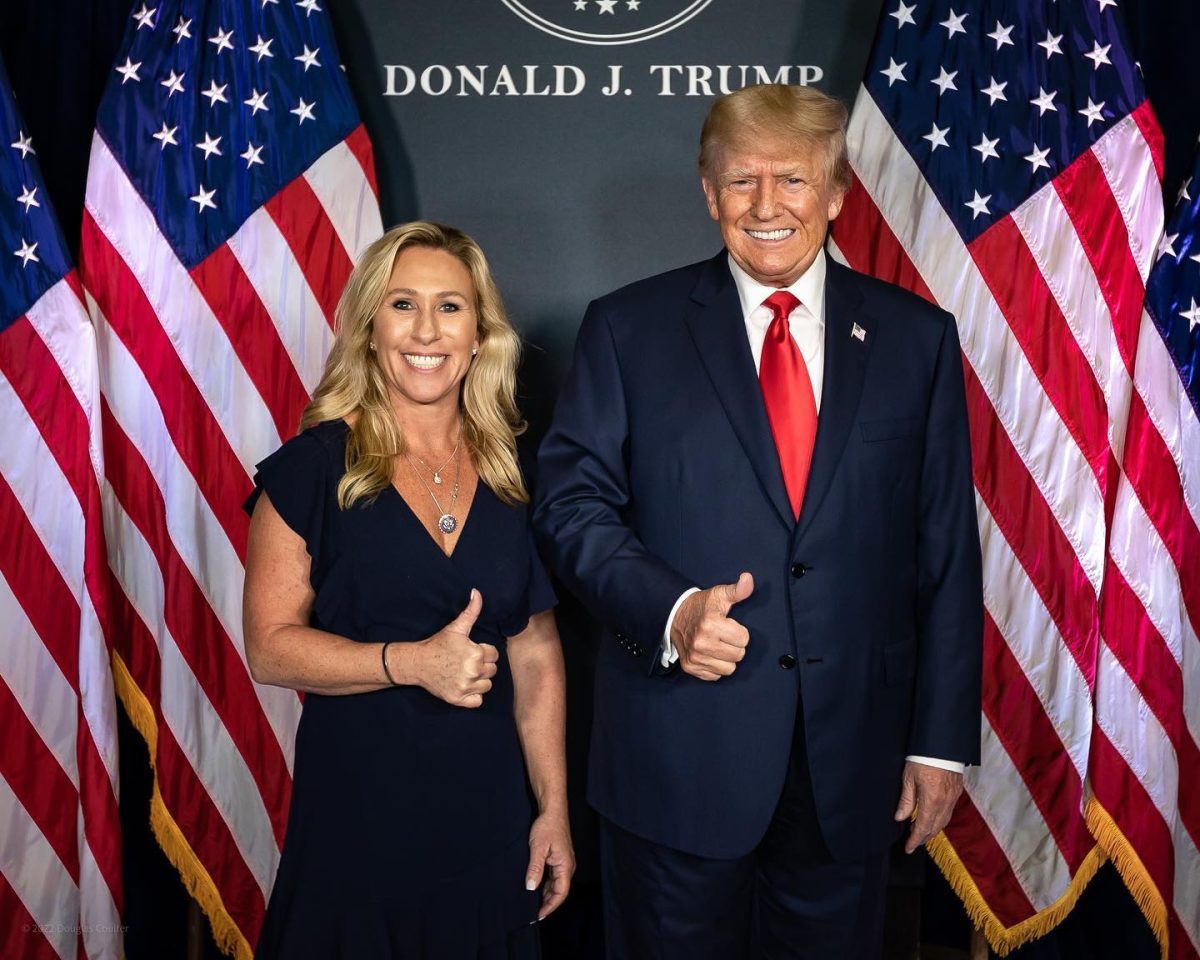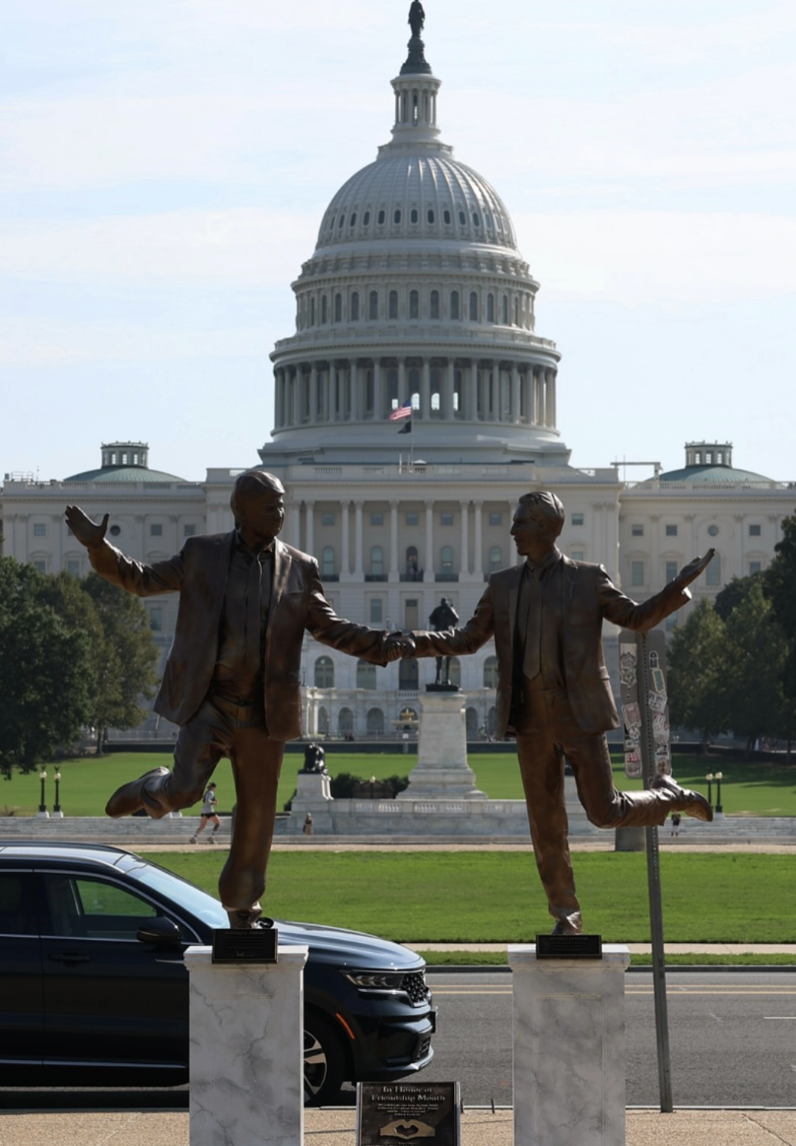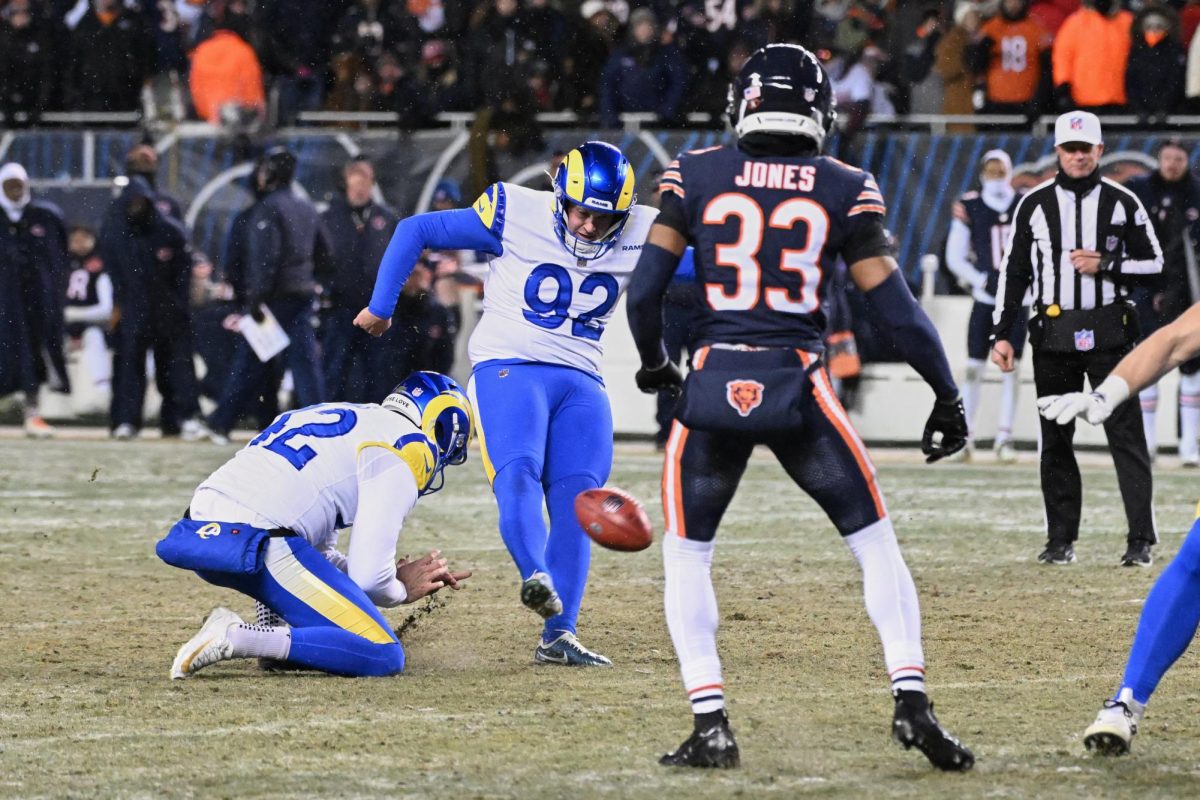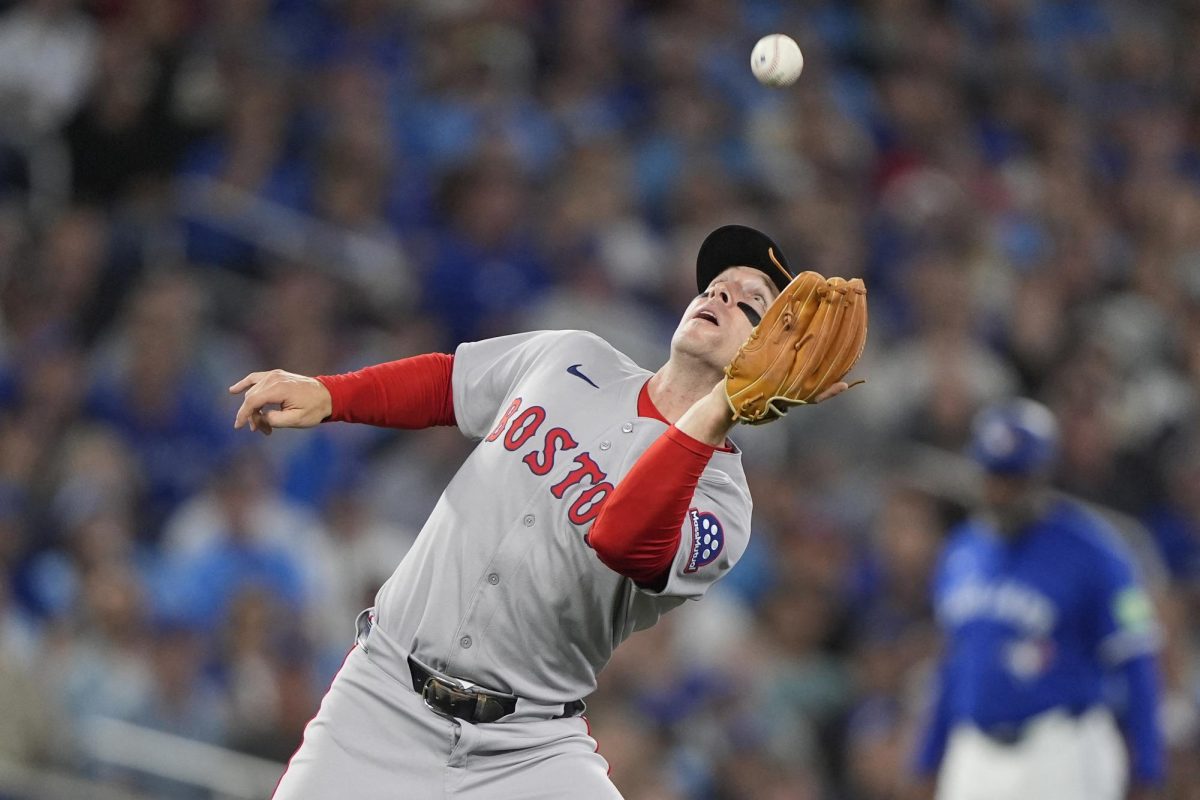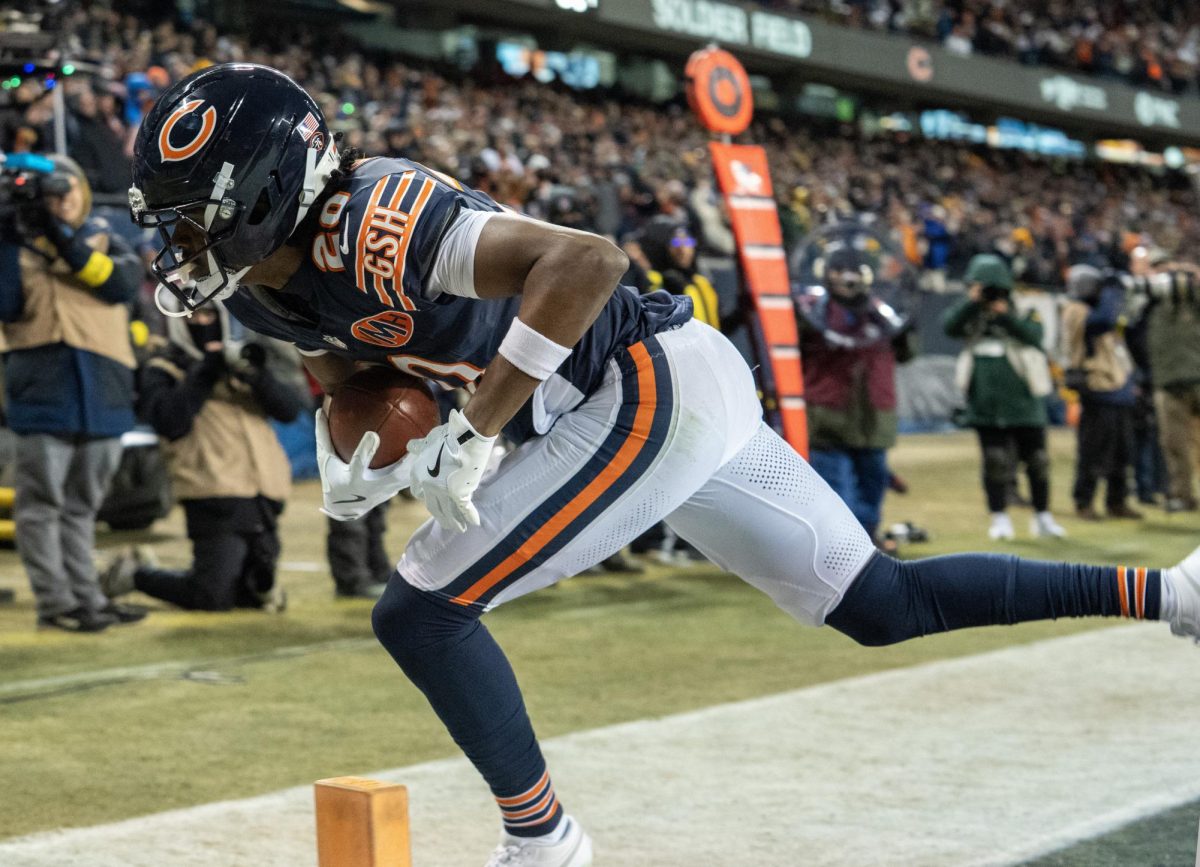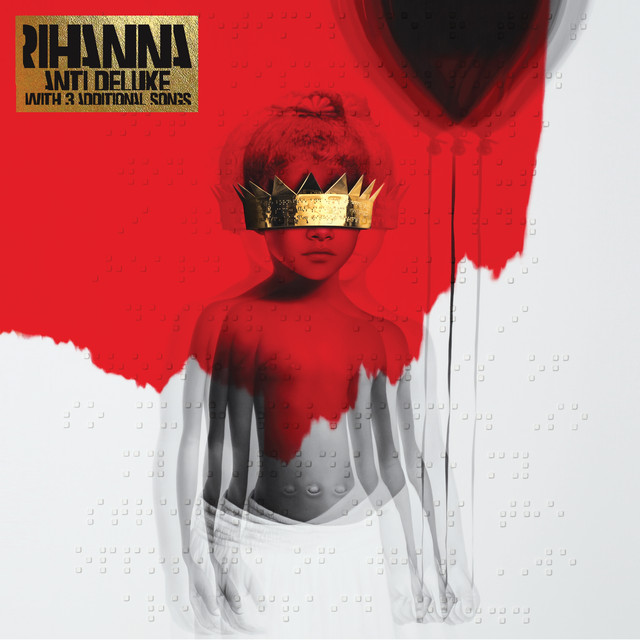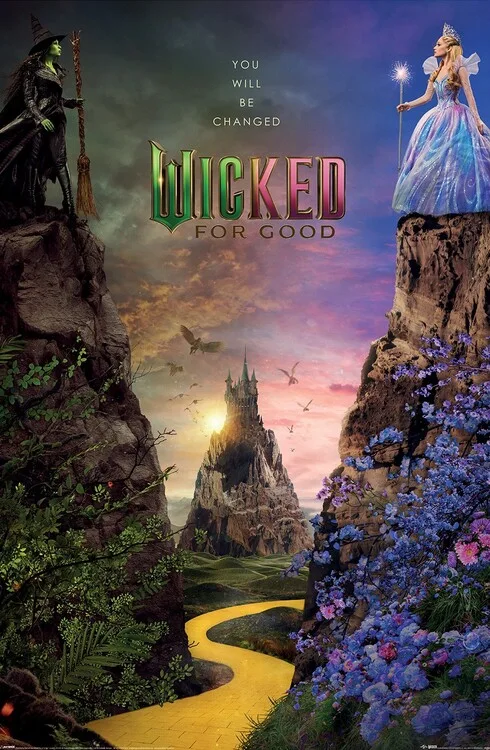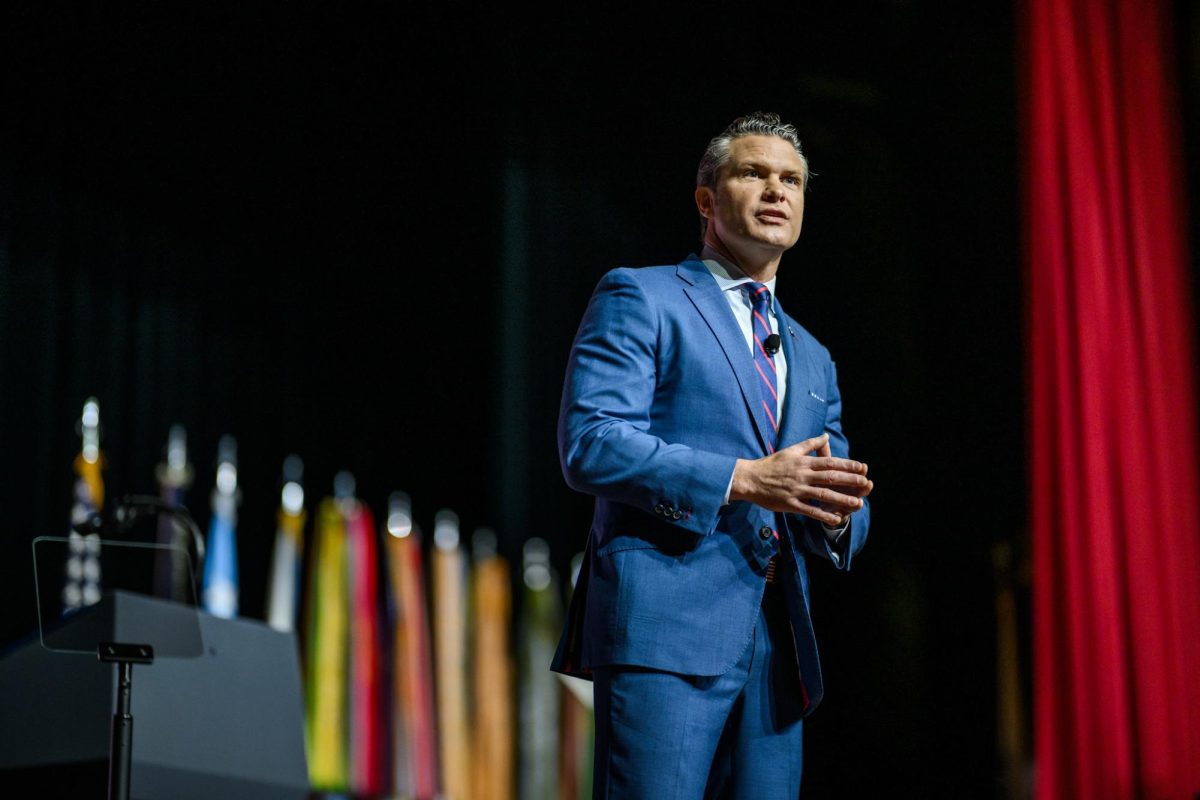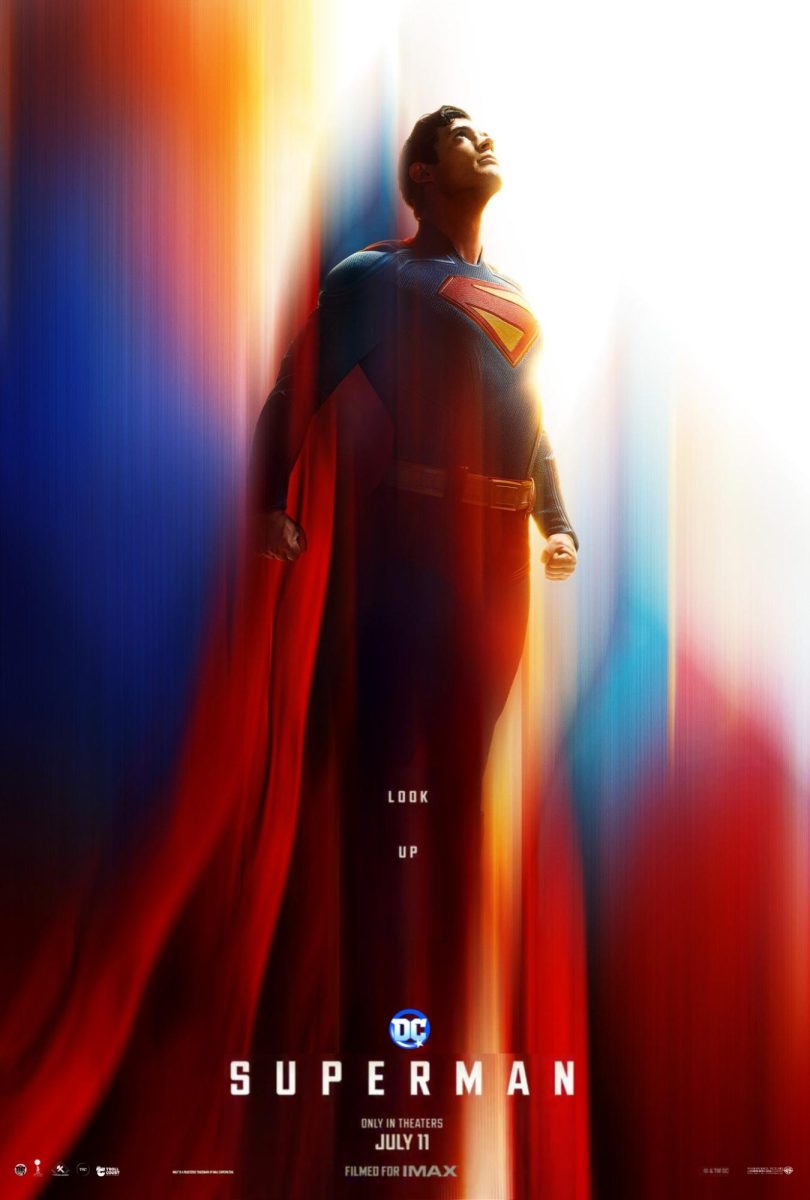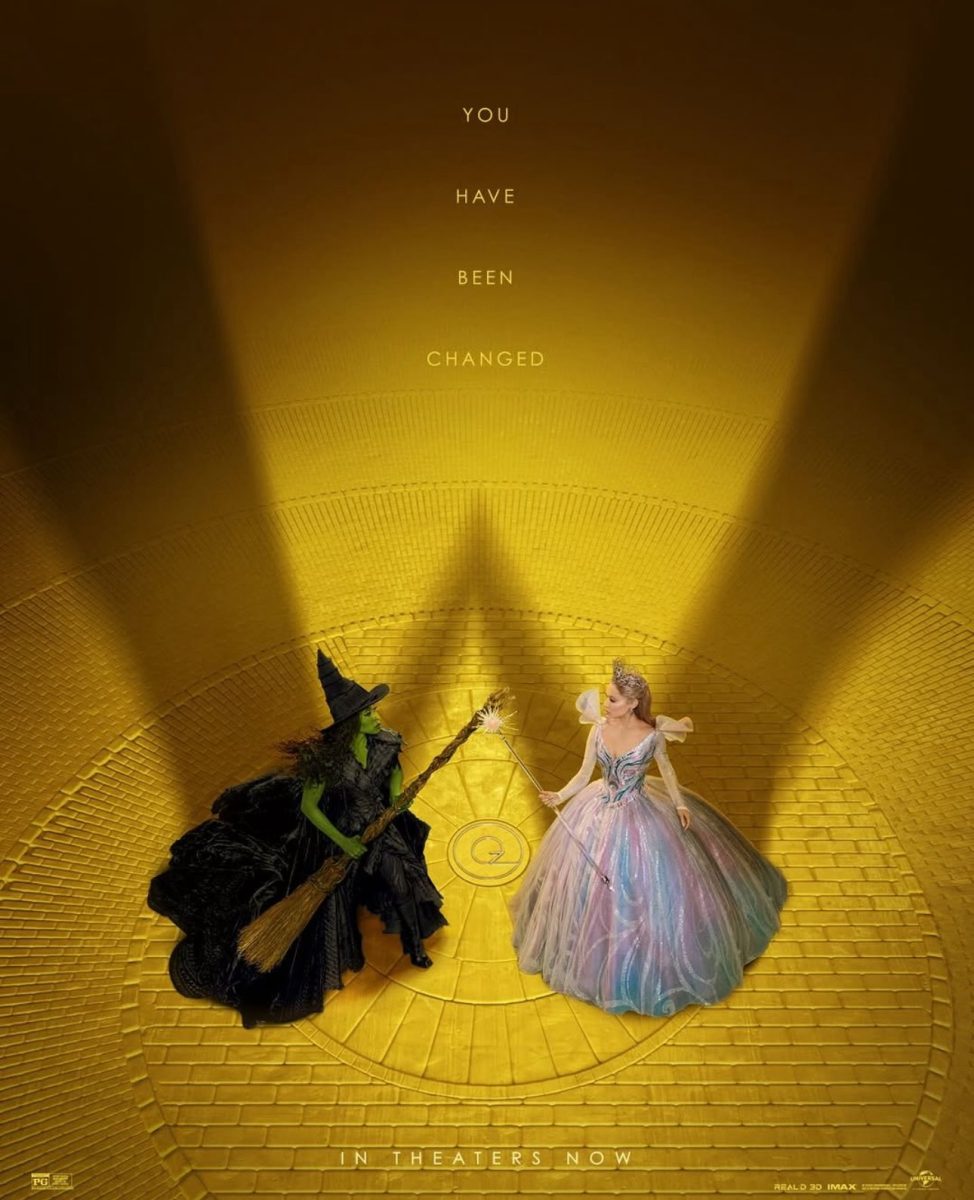As the first movie in over a decade to feature the Man of Steel and the first DC movie after the letdown of “Justice League” in 2017, it’s no exaggeration to say that James Gunn’s “Superman” opened in theaters with a cinematic universe’s worth of pressure to deliver. In a big way, it did.
The most striking note of the film is the parallels drawn between a main conflict in the movie and real-world current events. Superman films are no stranger to politics, but this felt like hitting the nail on the head: the in-universe conflict between “Boravia,” a U.S. ally looking to expand, and “Jarhanpur,” a nation Gunn described in an interview with Variety as “a country that’s problematic in terms of its political history, but has totally no defense against [Boravia],” in many ways mirrors the ongoing conflict between Israel and Palestine.
To most extents this is likely coincidental – Gunn turned in his script in May of 2023, before the major escalation of the conflict in October – and eventually the narrative takes a back seat as the traditional action of a superhero movie begins to take up most of the screen time. The added plot point of Lex Luthor funding the invasion in order to claim land himself, though vaguely mimicking calls by some in the Trump Administration to buy land in Gaza for real estate, also helps to blend the conflict into the movie.
David Corenswet’s Superman pairs well with his Clark Kent, creating a character whose internal conflict has more to do with his double life than the fact that he is Superman in the first place. As he makes a point of in the film, he’s human, and his struggle to overcome his flaws while recognizing their validity underlines his development throughout.
In playing Lois Lane, Rachel Brosnahan captures a struggle we don’t see often between Lane and Kent — how exactly a relationship between them would work. Her journalistic side comes on strong, as shown in a scene where an interview with Superman exposes some of Kent’s vulnerabilities, not only when it comes to dealing with criticism of his occasionally overzealous actions but also not being so guarded so as to mistrust Lane fundamentally. Ultimately, this is somewhat sidestepped as the plot takes priority over their relationship problems.
The rest of the cast does excellent work to complement Corenswet and Lane: Edi Gathegi’s Mister Terrific takes on a major role, and his deadpanning intertwined with being a symbol of perseverance makes him a welcome sight on screen. In playing Luthor, Nicholas Hoult struggles to have the menace that the character often demands, though his intensity and display of Luthor’s twisted sense of humor allows him to fill the role nicely. Nathan Fillion and Isabela Merced, playing Green Lantern and Hawkgirl of the “Justice Gang,” also do well to add color to the film.
No commentary on “Superman” would be complete without mentioning Krypto, who was an illuminating presence every time he flew or crashed his way onto the screen.
As is standard for a “Superman” film, it ends with a return back to Smallville to visit his parents, followed by a struggle for victory which he inevitably wins. It’s hard to call it too much of a twist on the traditional formula – though the added focus on Lane is a nice touch – but it ultimately follows through on what a “Superman” movie is supposed to be: predictable and captivating with a feel-good ending that will leave you satisfied as you exit the theater.


